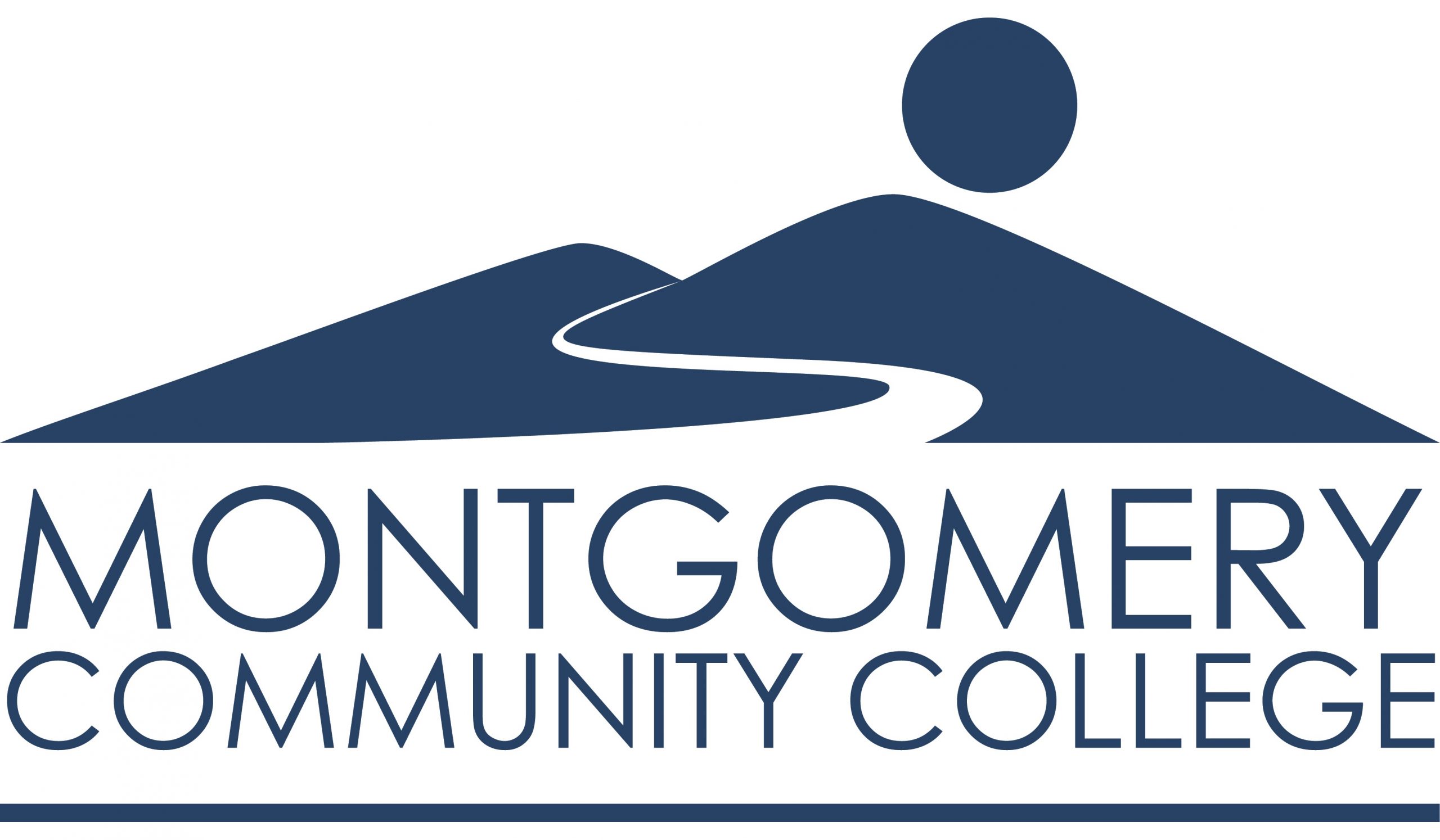Students who wish to transfer to four-year colleges or universities should speak to their academic advisor before or during their first semester at MCC. Services are available virtually, on the phone, and in person.
FAQs for University Transfer Preparation
Q: What is a university degree program?
The University Transfer degree program is a set of courses that has been designed to transfer all public and many private four-year colleges and universities in North Carolina. This set of courses includes a minimum of 60 semester hours of transferrable credit from general education courses and elective courses. In the North Carolina Community College System, the Associate in Arts (A.A.) and the Associate in Science (A.S.) degree programs are included in the Comprehensive Articulation Agreement (CAA) as fully transferrable degrees. The Associate in Engineering (A.E.) and the Associate in Fine Arts In Music (A.F.A.) degree programs are not covered by the CAA but have individual Uniform Articulation Agreements with most of North Carolina’s colleges and universities that offer the same major.
Q: What is the Comprehensive Articulation Agreement?
The North Carolina Comprehensive Articulation Agreement (CAA) is a statewide agreement governing the transfer of credits between North Carolina community colleges and North Carolina public universities and has as its objective the smooth transfer of students. A number of private institutions have also agreed to abide by the principles of the CAA. The CAA provides certain assurances to the transferring student such as:
- Assures admission to one of the 16 UNC institutions (Transfer Assured Admissions Policy)
- Enables NC community college graduates of two-year Associate in Arts and Associate in Science degree programs who are admitted to constituent institutions of the University of NC to transfer with junior status.
If a transfer student perceives that the terms of the CAA have not been honored, he or she may follow the Transfer Credit Appeal Procedure: Comprehensive articulation agreement transfer credit appeal procedure
Q: I want to attend MCC full-time; what is a full-time course load?
Twelve semester hours is considered full-time for financial aid purposes. However, if you want to complete the degree in two years (not counting the summer semester) you should expect to average 16 semester hours each term. Should you need foundational courses, or take less than 16 hours per semester, you should expect the program to take more than two years. When you meet with your academic advisor to develop your plan of study (POS), you can accurately determine how long it will take to complete the degree.
Q: How do I decide between the A.A. and A.S. programs?
The Associate in Arts (A.A.) is a two-year degree with an emphasis on courses such as English, fine arts, communications, history, philosophy, psychology, or sociology. The Associate in Sciences (A.S.) is a two-year degree with an emphasis on courses such as biology, chemistry, or mathematics. Both of these programs prepare students for different majors at four-year institutions. The A.S. is for allied health, science or math-related majors. Talk with an academic advisor to develop a plan appropriate to your career goals.
Q: What is an academic advisor and how do I get one?
Upon admission to the program, the Student Services office will assign a faculty member within the Arts and Sciences division to serve as your personal academic advisor. Your academic advisor will assist you in selecting courses appropriate to your areas of interest and provide a sense of continuity during your time here. Students wishing to transfer to a four-year college or university should speak with their assigned academic advisor before or during their first semester at MCC.
Q: Why do I need to meet with my Academic Advisor?
Your academic advisor will assist you in selecting courses appropriate to your areas of interest and provide a sense of continuity during your time at MCC. Some courses are only offered every other year or only in the spring term, or may only be offered in a face-to-face or strictly online capacity, so planning with an academic advisor is crucial to meeting the student’s personal deadline for their educational journey with us.
Q: Can I complete my entire transfer degree online?
We offer as many online courses as we can, but we cannot guarantee that every course will be offered in the online format or during the time that a student wishes to complete their work with us. Some courses, particularly higher level math courses, are only offered in a face-to-face capacity to help ensure student success and access to live instruction. Other courses, specifically general education electives, may only be offered in an online capacity. Discussing your needs and expectations with your academic advisor will help in planning courses that fit your needs.
Q: If I complete the transfer program, am I guaranteed admission to a school in the UNC System?
If you graduate from the college transfer program you are guaranteed admission to one of the 16 universities in the UNC System. However, you are not guaranteed admission to the school of your choice nor are you guaranteed admittance to any specific program (e.g., education, nursing, physical therapy, etc.).
Q: Will my GPA transfer after I transfer to a senior college or university?
No, your GPA will not transfer. Your GPA from MCC is typically used in admission standards, and after you transfer your GPA will be based on the courses that you take at each school you attend.
Q: Can I transfer to a private school? If so, what courses transfer?
Yes, many private schools have agreed to the Comprehensive Articulation Agreement (CAA). Any course covered in the CAA will transfer; all courses covered in the CAA have a statement at the end of the course description noting it is part of the CAA. Most schools that are not part of the CAA will also accept transfer credit from MCC. If the school that you plan to attend is not part of the CAA, your academic advisor can assist you in getting prior approval for transfer credit.
Q: Can I transfer before completing my degree?
Yes, you can complete the 44-hour general education core and still transfer. If you elect to transfer without completing the degree or the general education core you will likely have deficits in the general education requirements at the college or university to which you are transferring.
Q: What is the Reverse Transfer Program?
This program awards an associate degree to students who previously attended and received at least 16 college-level credit hours at one of North Carolina’s 58 community colleges and then fulfilled the remaining associate degree requirements while working towards a bachelor’s degree at a participating North Carolina university.
Q: For my electives, may I take any course that I want?
Elective courses should be chosen based on the major and school that you plan to attend after graduating from MCC. All transfer courses will count toward the degree at MCC but may not meet the program requirements at the school to which you will be transferring. You will receive credit for the hours taken, but the course may only be counted as a general elective. Therefore, all courses should be carefully selected in order to meet the graduation requirements at MCC and the transfer school. Your academic advisor can answer your questions about specific courses and schools.
Q: I only need a couple of courses to graduate; will I be able to participate in graduation ceremonies?
While MCC grants degrees at the end of each semester, graduation ceremonies are only held in May. Therefore, if you will finish your degree at the end of the spring or summer terms, you can participate in the May graduation ceremony. If you finish your degree at the end of the fall semester, you will have to wait until the following May to participate in graduation ceremonies.
Q: Will I be required to take a
foreign language to complete my Associate degree?
Whether or not you need to take a foreign language will depend on the program at the transfer college or university. If the program requires a foreign language, then you will need to take the required foreign language. Your academic advisor can help you answer this question.
Q: I didn’t do well on the SAT; can I still transfer?
You do not have to take the SAT to be admitted to the college transfer program at MCC. If you graduate from the college transfer program, you are exempt from taking the SAT. However, if you do not complete the degree, you may be required to take the SAT upon transfer. This will vary among schools depending on the admission requirements for transfer students set forth by the different schools.
Q: I am a student at another school and I would like to take a course at MCC while I am home for the summer or an online course. May I still take courses at MCC?
Yes, you may take courses at MCC. You should contact your academic advisor at your school to receive approval to ensure the course will meet the requirements of your program. After completing an MCC admissions application and receiving your acceptance information, you may then register for any course at MCC as long as you meet any prerequisite for the course you wish to take.

